THE BEGINNING
Back in the early 1960s, future ABBA manager Stig “Stikkan” Anderson was a songwriter and music publisher on the rise. He had more or less stopped writing tunes but was gaining success through purchasing the Swedish copyrights for foreign songs and writing Swedish lyrics for them; these songs would then, hopefully, be recorded by an artist who could turn them into major hits. Stig had noticed that sales of records were on an upwards streak and figured that it would be even better if some of his songs were recorded by artists on his own record label, keeping as much as possible under his own umbrella.
“I understood then that records were the future”
– Stig
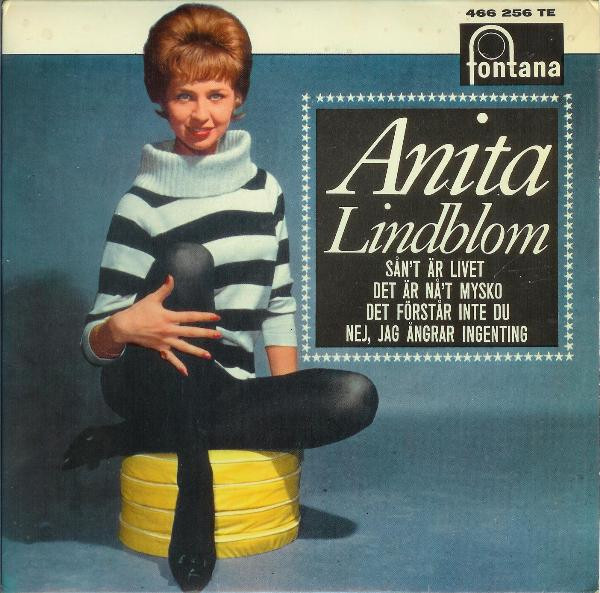
THEIR FIRST SIGNING
There was a strong ABBA connection even with their first signing. On 13 September 1963, Bengt Bernhag was reading the Swedish newspaper Expressen and happened to notice a small article about a talent contest. Singled out as “a top act” in the article was a “boy quartet … fronted by Björn Ulvaeus”, calling themselves the West Bay Singers. Bengt had a hunch that this folk music group – heavily inspired by one of the biggest American acts of the early 1960s, The Kingston Trio – could be something for Polar Music. He wasted no time in contacting the group, requesting that they send a demo tape. After hearing the tape, he was even more enthusiastic and soon afterwards Stig Anderson drove to Västervik, the Swedish town where the group resided, to have a meeting with them.
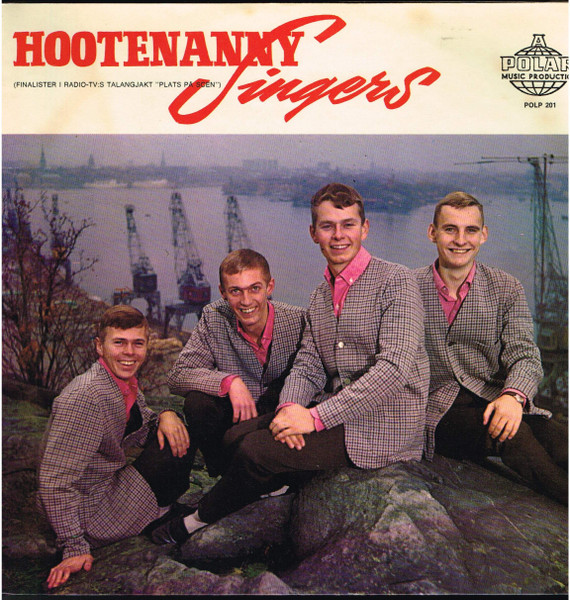
A NEW NAME
This modern folk music arrangement of an old Swedish song was an immediate hit, and from then on and for the following decade the group was one of the biggest acts in Sweden. It was here that the bond between Polar Music and Björn Ulvaeus was forged, the first step towards ABBA. Like most record companies, Polar’s output throughout the 1960s was a mix of hits and misses, with the Hootenanny Singers as their outstanding star act.
By the end of the decade, however, the company received a welcome injection of fresh blood, as Björn introduced his friend and new songwriting partner, Benny Andersson, to Stig and Bengt. Before long the four of them had formed the publishing company Union Songs, specifically to handle Benny and Björn’s songwriting. Stig often wrote the Swedish lyrics to their tunes and over the following years the Andersson/Ulvaeus team notched up a number of domestic hits, most of them released by Polar.
TRAGEDY AND SUCCESS
But just as the record company seemed on the verge of an ever more brilliant future, tragedy struck. Bengt Bernhag had been plagued by ill health for several years and in July 1971 he passed away. Bengt had handled all productions for Polar Music, so a new house producer was needed and quickly. Björn had long been groomed to come into the company, and now Stig turned to him and asked if he wanted to take the job. Björn, whose partnership with Benny trumped most other considerations, insisted that Benny should be hired along with him. When Stig explained that he could only afford one producer, Björn suggested that he and Benny should split the salary. “It was a damned generous gesture on Björn’s part,” recalled Benny. The pair started their employment as Polar Music house producers effective immediately.
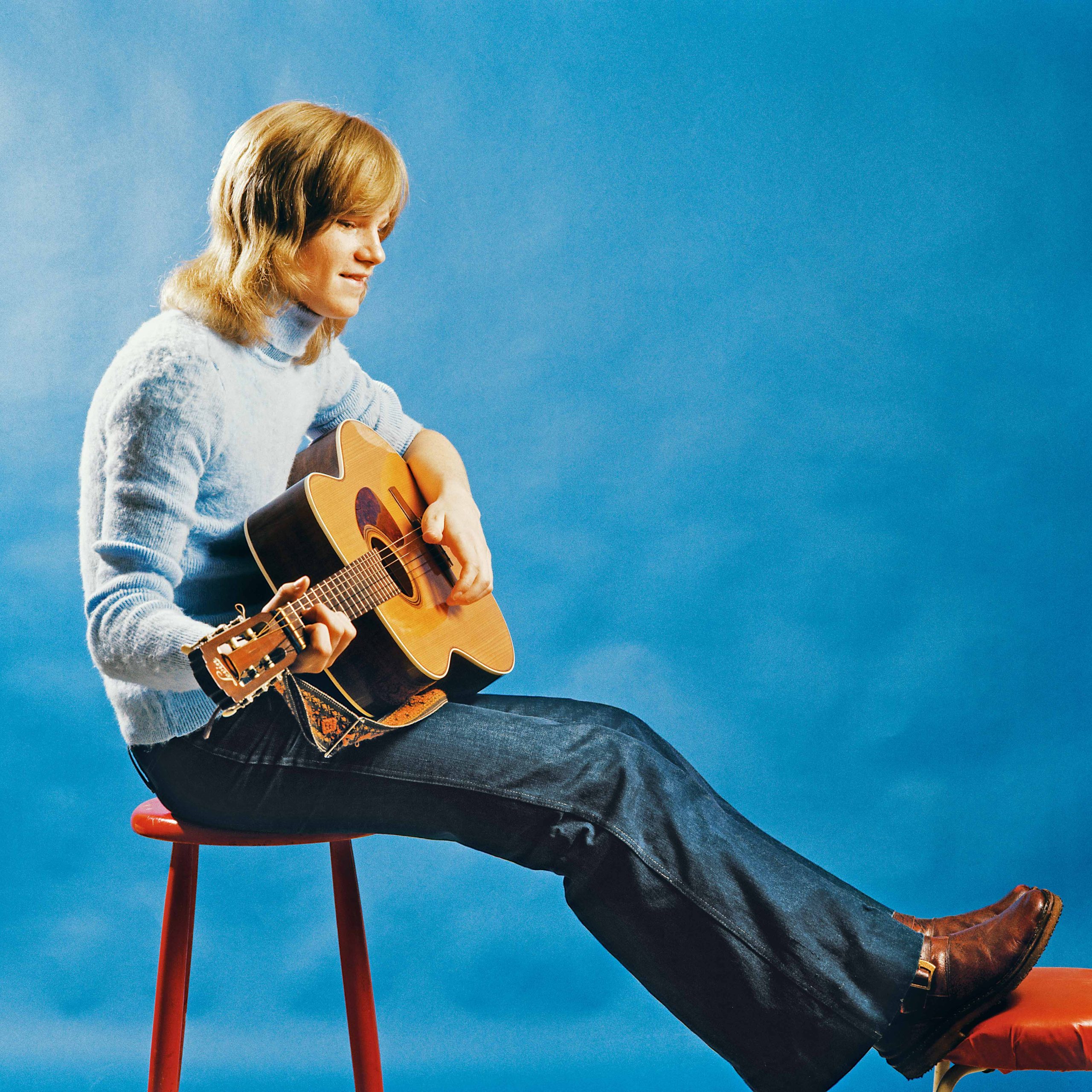
FRESH FACES
Meanwhile, Björn and Benny had their hands full as producers, gaining important experience as they produced everything the label required: children’s records, big band jazz, odd experiments with accordion and synthesizer, religious works and straightforward pop. They also had their own duo, Björn & Benny, which scored a number of hits between 1970 and 1972. But they would achieve even greater triumphs when they expanded their duo to a quartet, inviting Björn’s wife, Agnetha Fältskog, and Frida to record a single with them: ‘People Need Love’.
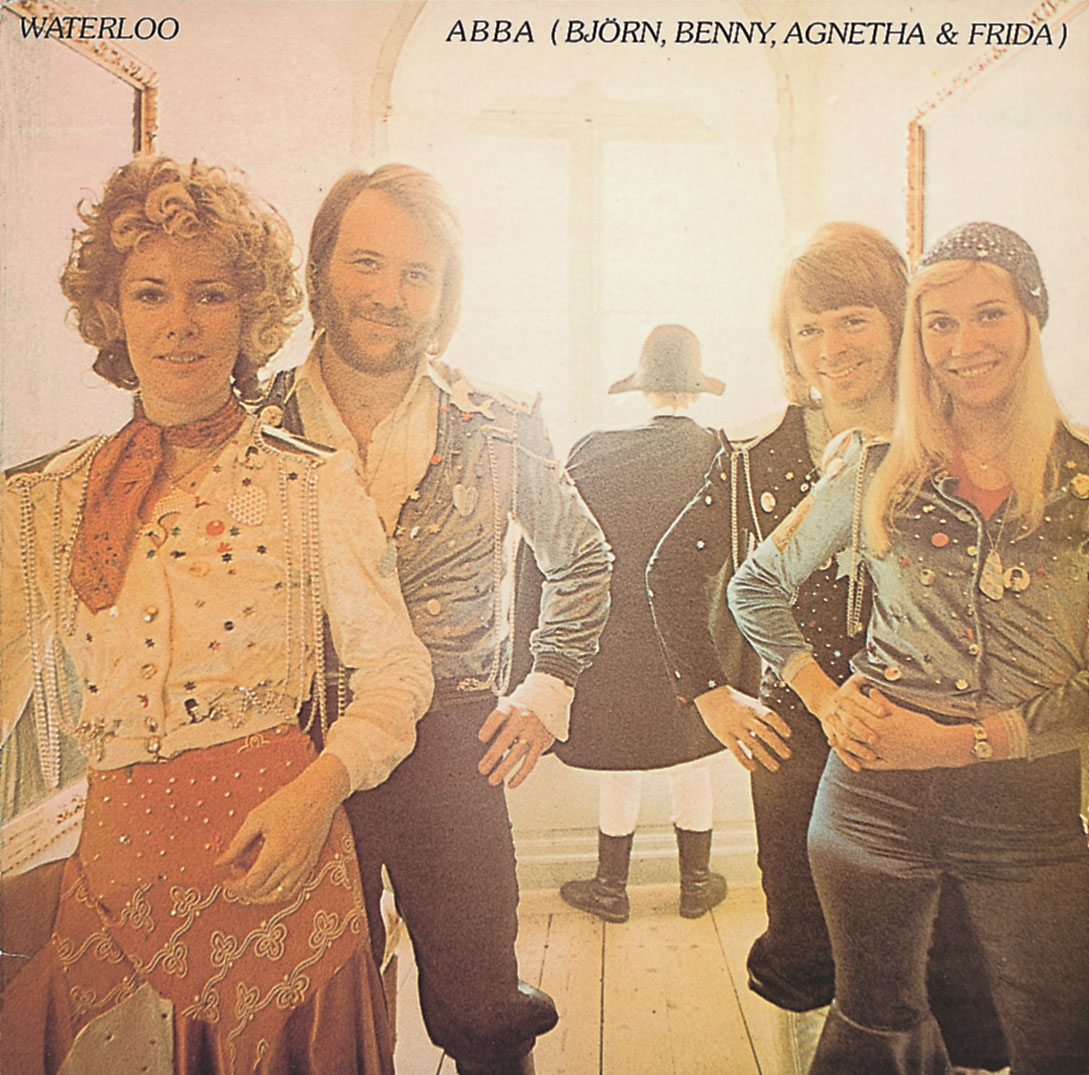
ABBA
With Björn & Benny’s importance for Polar Music, it was a natural step for them to become part owners of the company. Renamed Polar Music International, it diversified into all sorts of businesses, some of which had little to do with music, but also including the top notch Polar Music Studio, which opened for business in May 1978. This is where ABBA would do all of their remaining studio recordings.
RE-INVENTING

Five years later, in 1989, Stig, who’d worked around the clock for his entire life, decided that it was time to divest himself of his companies, including Polar. The sale went into effect in 1990 and today Polar Music International is owned by Universal Music.
Although Polar hasn’t signed any new artists for many years, the label is still highly successful as the guardian of the ABBA catalogue, which attracts new listeners every year. Its music is played, heard and enjoyed around the clock, all over the world. Not a bad result for a tiny label that started out with a group of Swedish folk musicians in the early 1960s.
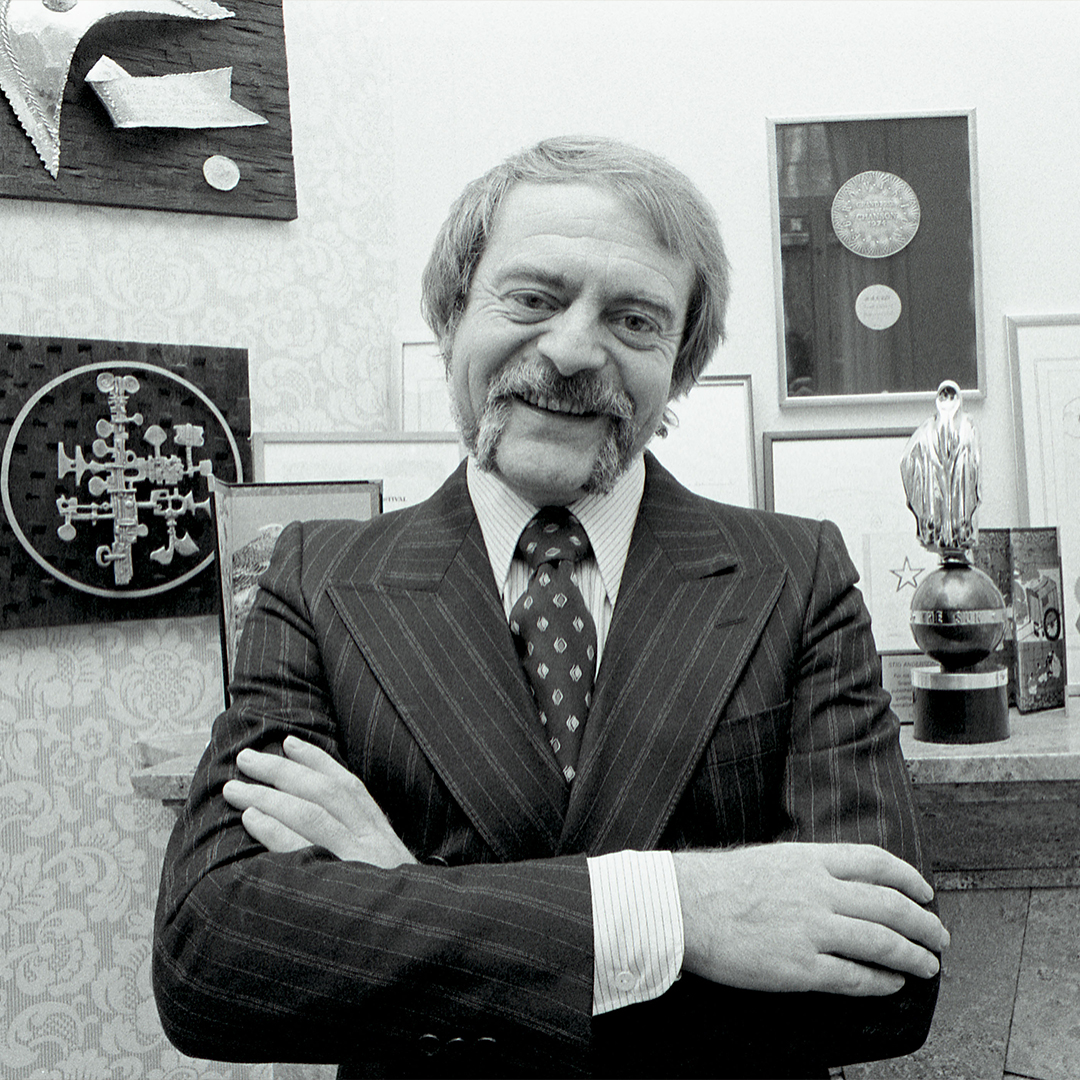
“Stikkan”
Stikkans lifelong and inspiring work has paved a way for coming generations of Swedish musicians to enter the international scene. His footprint has made an everlasting impact on the history of the music industry and this legacy lives on long after his death, not least through the Polar Music Prize, which he founded and which was first awarded in 1992.
Photos licensed by © Premium Rockshot